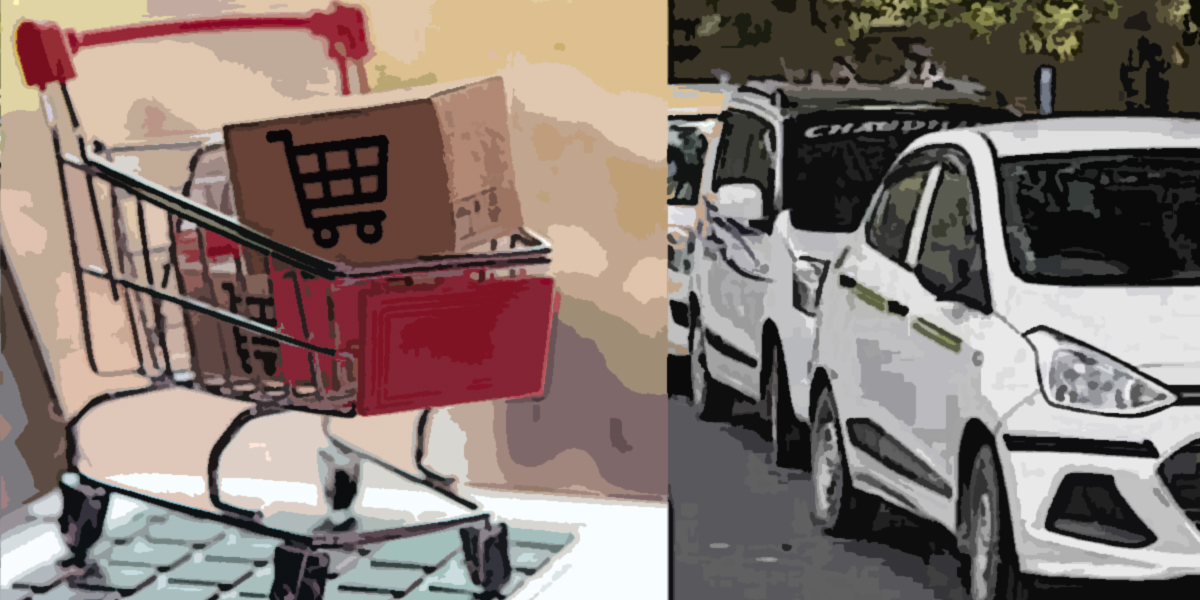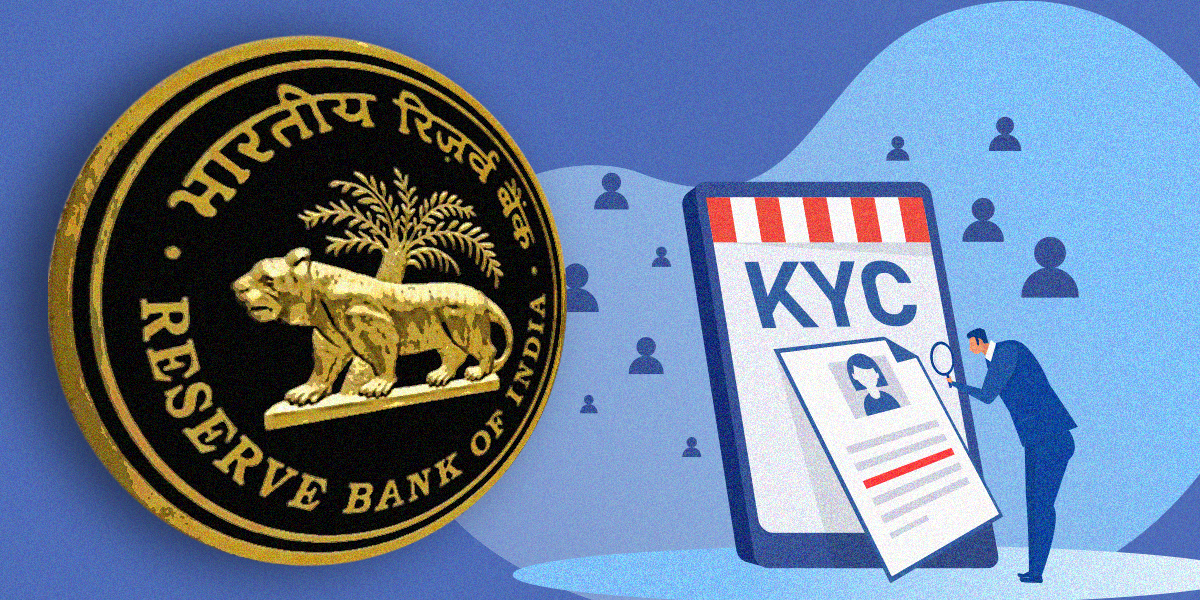The government has extended the lockdown by two more weeks from May 3 in light of rising cases of Covid-19 but has allowed certain relaxations after dividing India’s districts into zones based on the spread of the virus.
According to the fresh guidelines issued by the Ministry of Home Affairs, e-commerce firms will be able to deliver essentials in green and orange zones identified by the government based on risk profile and deliver only essential items in the red zone.
While MHA’s guidelines have not provided any clarity on the online delivery of non-essential goods in orange and green zones, it has clearly mentioned that e-commerce activities will be permitted in red zones with respect to essential goods only.
However, several media have mentioned the allowance of e-commerce operations for non-essential goods in green and orange zones in their reports.
This has come after all districts in the country have been classified under red, green, and orange zones. Importantly, e-commerce platforms selling non-essentials wouldn’t be allowed in metros and state capitals including Delhi, Mumbai, Bengaluru, Chennai, and Hyderabad as they’re in the red zone.
Cab aggregators too have been permitted to operate in green and orange zones with permission to ferry a maximum of two passengers besides the driver on any ride. Uber and Ola will not be permitted in the red zones till May 17.
The latest guidelines also said that all economic activities will be permitted in green zones. Activities that have been prohibited in all zones include domestic and international air travel, inter-state movement via rail, metro, educational institutions, and interstate buses for public transport except as permitted by the Home Ministry.
Large group activities including operations of multiplexes, cinema halls, shopping malls, and religious places will remain closed till 17th May. In red zones, standalone and neighborhood shops can operate for non-essential items as well, added the guidelines.
E-commerce majors Amazon and Snapdeal welcomed the move and urged the government to look at allowing e-commerce deliveries in red zones too.
Amazon India said in a CNBC18 report that it will follow the revised guidelines strictly but requested the central government to consider the positive role-commerce can play to deliver prioritized products in the red zones as well.
In a statement, Snapdeal said that the move will help restart e-commerce activities and added that “this will help start a gradual process of economic recovery by enabling lakhs of sellers and MSMEs to cater to the demand of users through online and offline channels”.














